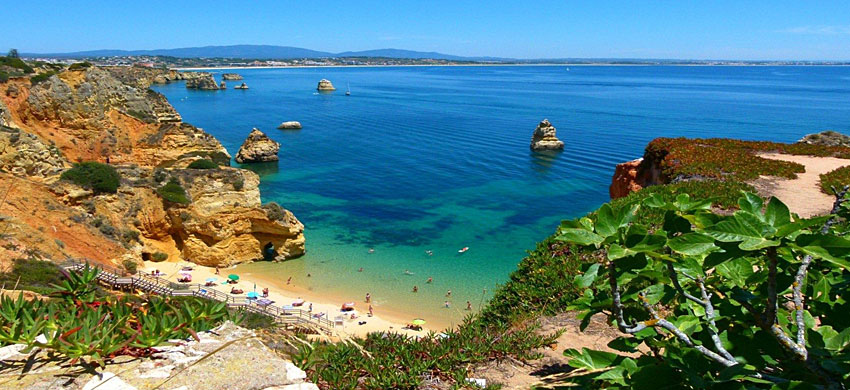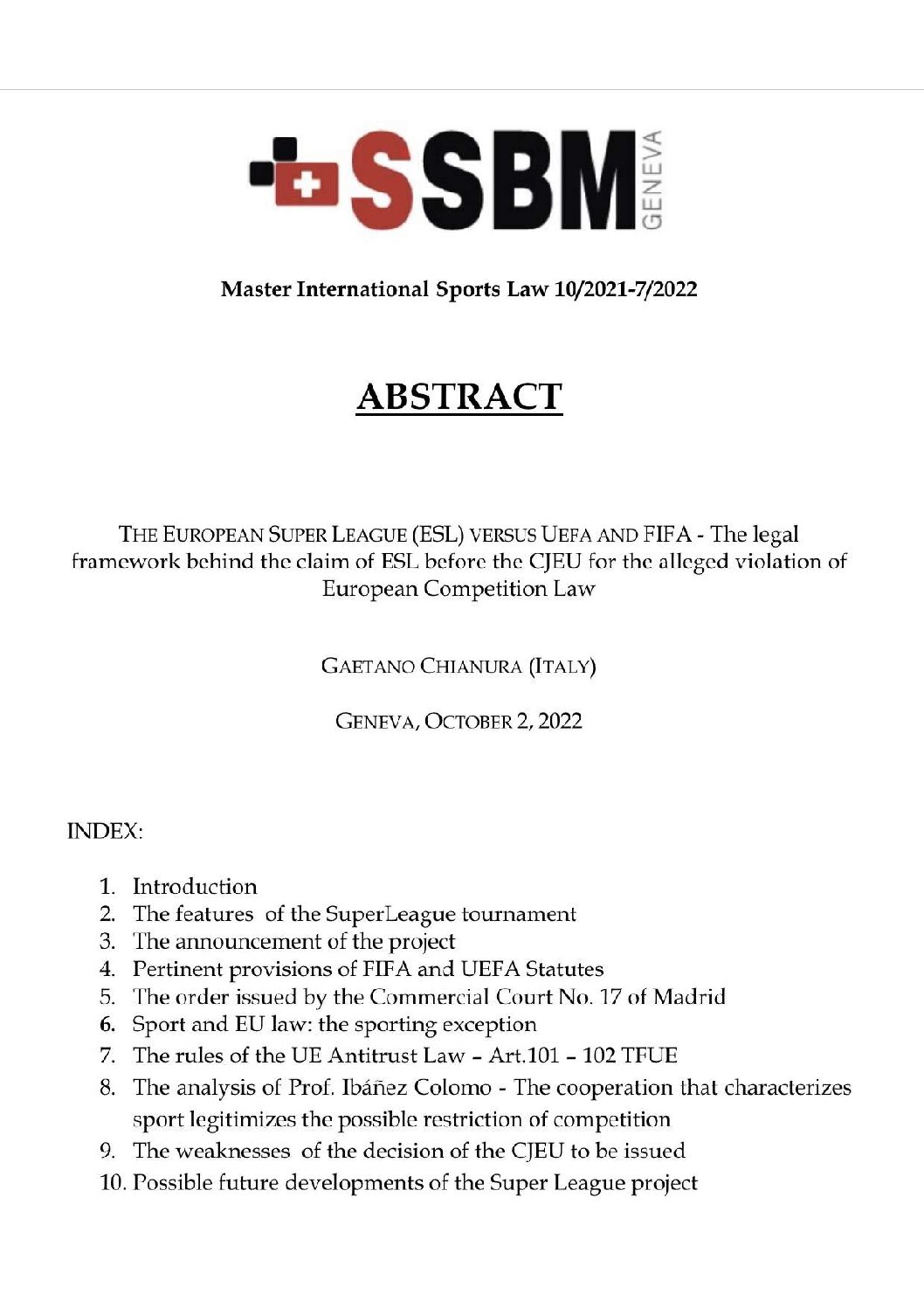BRIEF NOTES FOR PENSION EARNERS by
Gaetano Chianura and Paulo Martins (Martins, Vieira & Associados, Sociedade de Advogados, SP, RL ) – 8200-084 Albufeira
Under Portuguese tax law, individuals with usual residence in another country may be eligible for the Non Regular Resident tax benefits (NRR).
The main two requirements are:
A – Not to have been taxed as a resident in Portugal for the five previous years, prior to taking up NRR registration in Portugal; and
B – To take up tax residency in Portugal. This implies complying with one of the following:
B.1) To remain in Portugal for more than 183 days in the calendar year, or
B.2) If the period of permanence in Portugal is shorter than 183 days, to have and keep a dwelling (ownership or durable lease of habitation) in such conditions that it can be inferred that there is an intention to maintain and occupy it as a regular abode.
Pensions paid by entities not located in Portugal (e.g. foreign based Social Security or insurance funds) are tax exempt for the period of 10 years. Additionally, some tax conventions signed between Portugal with a number of countries preclude the country of origin of the pension from taxing the income, which basically results in a double non-taxation.
One should also consider that in Portugal:
– There is no wealth tax: for individuals who own real estate (residential properties or plots of land for construction) located in Portugal with an aggregate tax value per taxpayer in excess of € 600.000 (1.2M in case of married couples or unmarried partners who choose joint taxation), there is a surplus of 0,7% on top of annual Municipal Property Holding tax; this goes up to 1% if the tax value of the properties held is above € 1M (2M for joint taxation);
– Only bank accounts held outside Portugal, even if not generating income subject to taxes, have to be disclosed to the Tax Authority, as there is no general assets’ disclosure obligation;
– Assets not located in Portugal, physically or legally, are not subject to taxation in the case of gifts or succession. For those located in Portugal, gifts and inheritances are also tax exempt if the beneficiaries are the spouse, children, grandchildren, parents or grandparents of the donor or deceased – except for gifts of real estate, which are always taxed at 0,8% on the rateable tax value of the property.
The 10-year tax exemption applies to a number of other types of income, namely salaries, business, real estate, interest, dividends, capital gains and royalties, under somewhat different conditions. It is not renewable after the ten year period.


